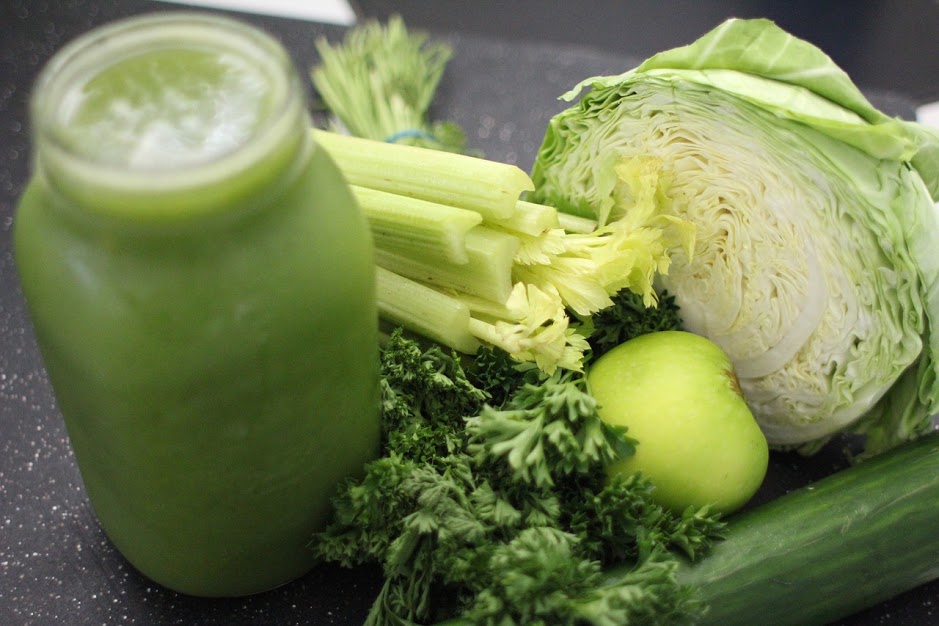
Inflammation In the Body: What You Need To Know
Inflammation In the Body: What You Need To Know
Inflammation means to, “set on fire.” If there was no acute inflammation, wounds and cuts would never heal properly. However, on-going inflammation or chronic inflammation can lead to a wide range of diseases – hay fever, atherosclerosis, rheumatoid arthritis.
Understanding Acute and Chronic Inflammation:
Acute inflammation: Acute inflammation is the body’s first response to a harmful stimuli or foreign invader. It is primarily responded by the immune system with leukocytes (HBD: Battle with the Bugs) and/or the circulatory system from the blood into the injured tissues (HBD: A Heart Pumping Adventure).
For example, if you sprain your ankle, chemicals form and the body’s white blood cells are released into the blood in attempt to “fight off’ the foreign substance or in this instance protect the area from further damage. This causes redness, heat and swelling. In the short run, this is a good thing.
Chronic inflammation: A prolonged inflammatory exposure, the inflammatory pathway being stimulated constantly or if the body triggers the inflammatory response with no reason, the inflammatory system may cause damage to its own tissues (autoimmune disease). In addition to the damage occurring, it is much more difficult for the circulatory system to deliver important nutrients throughout the body when tissues are inflamed. This may lead to chronic diseases like heart disease, arthritis, diabetes, sinusitis, digestive issues, like IBS.

Best Ways to Prevent Inflammation
Be active!
A sedentary lifestyle – hanging out in front of the tv or non-stop computer work – has shown to increase inflammation in the body. The body wants and needs to move; to encourage the blood circulating to transport nutrients to vital organs plus giving you a sense of well-being. (Hydrotherapy: Ending a hot shower with cold water is another great way to increase circulation).
If you are sitting at a desk for work, make an effort to get up each hour and stretch, get a drink of water, or take the stairs instead of the elevator.
Nutrition
1. Avoid pro-inflammatory foods:
• Junk and fast foods, high-fat meats, white foods, processed foods
• Diets high in sugar have been associated with inflammation, obesity and chronic disease
* One way sugar contributes to inflammation is by means of the liver; if the liver becomes overworked by too much sugar intake, a fatty liver will result and fat cells release and encourage the pro-inflammatory pathways in the body.
* Increased sugar intake also disrupts the balance of the pancreas by creating more insulin and insulin is pro-inflammatory. (Learn more about Diabetes 101 by clicking here).
• Limit nightshade family of plants because of their chemical makeup (alkaloid solamine) may trigger the inflammatory pathway in the body. These foods include: pepper, potatoes, eggplants, tomatoes

2. Eat anti-inflammatory foods:
• Olive oil, cold-water fish, walnuts, seeds (omega 3s)
* these omega 3 fatty acids ( learn more here ) have been shown to reduce the risk of heart disease, some cancers, depression, ADHD amongst other things.
• Lean poultry, fish, soybeans, and tofu
• Whole grains
• Colorful fruits and vegetables (especially berries and green leafy vegetables)

Staying Hydrated During the Winter Months
Quenching and keeping your body well hydrated, not only in the summer months but also during the cooler winter months, is essential. When water intake does not equal your output: urination, sweating with strenuous exercise and when living in higher attitudes; one may become dehydrated.
Many people have difficulty drinking water and may tend, especially during the cooler months, to drink sugary drinks, like hot chocolate. To keep it simple, infuse water with citrus fruit and keep in an easy to access pitcher and/or drink herbal teas which are both hydrating and nutritious. There are numerous reasons why to drink water and herbal teas to keep your body healthy and functioning optimally.
Why Drink Water?
1. Balance of Body Fluids
The body is 60% water. That’s a lot because we need watery fluids to do many things in the body: maintain body temperature, digestion & absorption plus aid in the transportation of nutrients.
2. Kidneys & Colon Need Water to Function
The bodies’ fluids transport waste products – that the body doesn’t want or need – in and out of cells. When adequate amount of water is present, the kidneys and large intestine do a fabulous job of cleansing and ridding the body of toxins (through urination and bowel movements). If wastes and toxins are not removed they will be reabsorbed in the body and will go through the cycle of removal again; not an optimal way for the body to function.
3. Muscles Need Water
Muscles quickly become fatigued when not enough water/fluids are present in the body cells. It is best to begin drinking water 2 hours before exercise in addition to sipping water during exercise to avoid any fatigue.
Eat more your water: Crazy yet true fact: Approximately 20% of our fluid intake comes from foods. In fact, many winter fruits and vegetables are more than 90 percent water. An added bonus to eating your water, are the abundance of nutrients you will receive.
Below are a few other high water content produce:
• Oranges, pomegranate, broccoli, cauliflower, eggplant, red cabbage, mango, apples, pears, berries, celery, cucumber, red and green peppers, spinach, grapefruit, and carrots.
 About Heather:
About Heather:
Dr. Heather Manley, who in 2001 received her medical degree from the National College of Naturopathic Medicine in Portland, Oregon, is a practicing physician whose primary interest is preventative healthcare for families. She is the author of the award winning Human Body Detectives, her children’s educational series of story-telling books, curriculum, eBooks, and iPhone/iPad apps. She also promotes wellness and naturopathic healthcare on her website drheathernd.com.
0




